While the European Parliament’s Committee on Agriculture understood the dramatic consequences of extending the scope of application of the Industrial Emission Directive (IED), today its Environment counterpart voted a position that showed no considerations tothe EU’s farming realities.Causing a situation of the utmost concern for Copa and Cogeca ahead of the Plenary in June.
The European Parliament’s Environment Committee voted on the revision of the IED under which the European Commission attempted to extend the scope of its proposal to cattle farms and to lower the thresholds for the pig and poultry sector already covered since 2010 (rearing pig, poultry, and cattle over 150 “livestock units” also referred to as LSU).
Since it entered into force in 2010, the experience with the IED has shown that its implementation is costly and administratively burdensome. Extending it to most livestock farms (a higher percentage of EU farms than originally foreseen by the Commission’s impact assessment) would have unbearable consequences for producers, their families, and our rural areas. In addition, it raises questions about the overall coherence of the EU’s decision makers’ approaches when it comes to EU livestock, which is regarded as a solution provider one day, such as the REPower Europe Strategy that calls for an upscale of biogas production on farms, and punished under the IED the following day!
The Environment Committee vote ignored the draft opinion of its Agriculture counterpart. The Environment Committee voted for very low thresholds: 200 LSU was considered for pigs and poultry, 300 LSU for cattle (unless they are extensive) and 250 LSU for mixed farms, unless one type of animal is at or below 25 LSU. In other words, 1 in 2 pig and poultry farms in Europe would be included in the scope of this revision adding extra burdens on the back of family farmers! The Committee also failed to understand basic facts about livestock farming: “manure management” is not land spreading of waste!
As a consolation prize, the Environment Committee proposed to include a reciprocity clause for imported products without explaining how it would work in practice.
Now that we are approaching Plenary with a divided house, the upcoming vote is very simple for the EU farming community: will the European Parliament turn its back on European livestock farming as the Commission has?
Artigo publicado originalmente em Copa Cogeca.




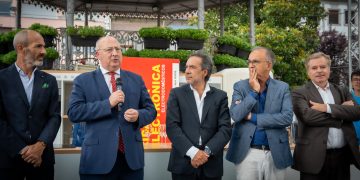

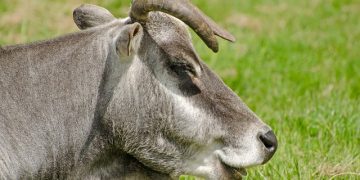


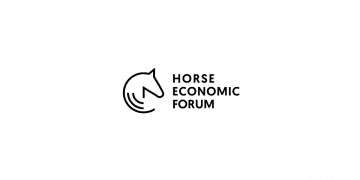











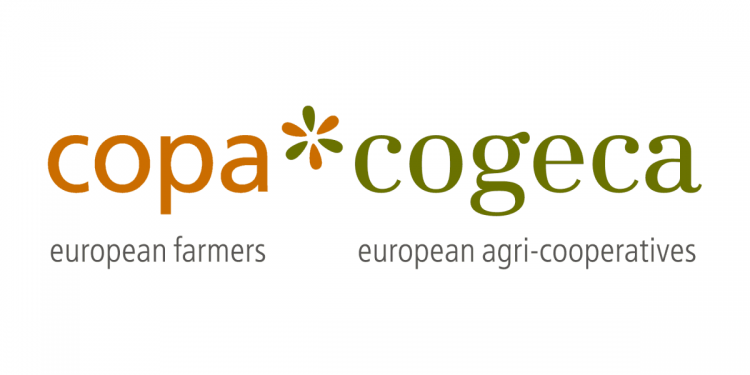
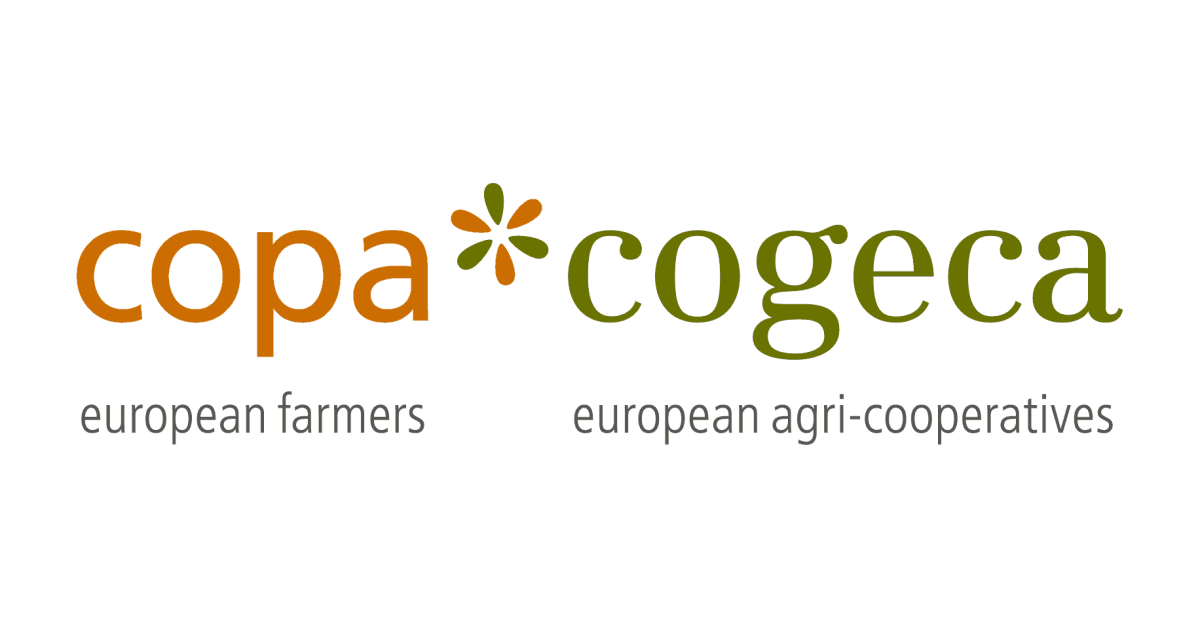
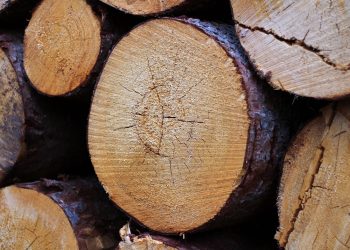
































Discussão sobre este post